America's 9/11 overreaction is only more glaring after COVID
Two catastrophes, two immense political failures
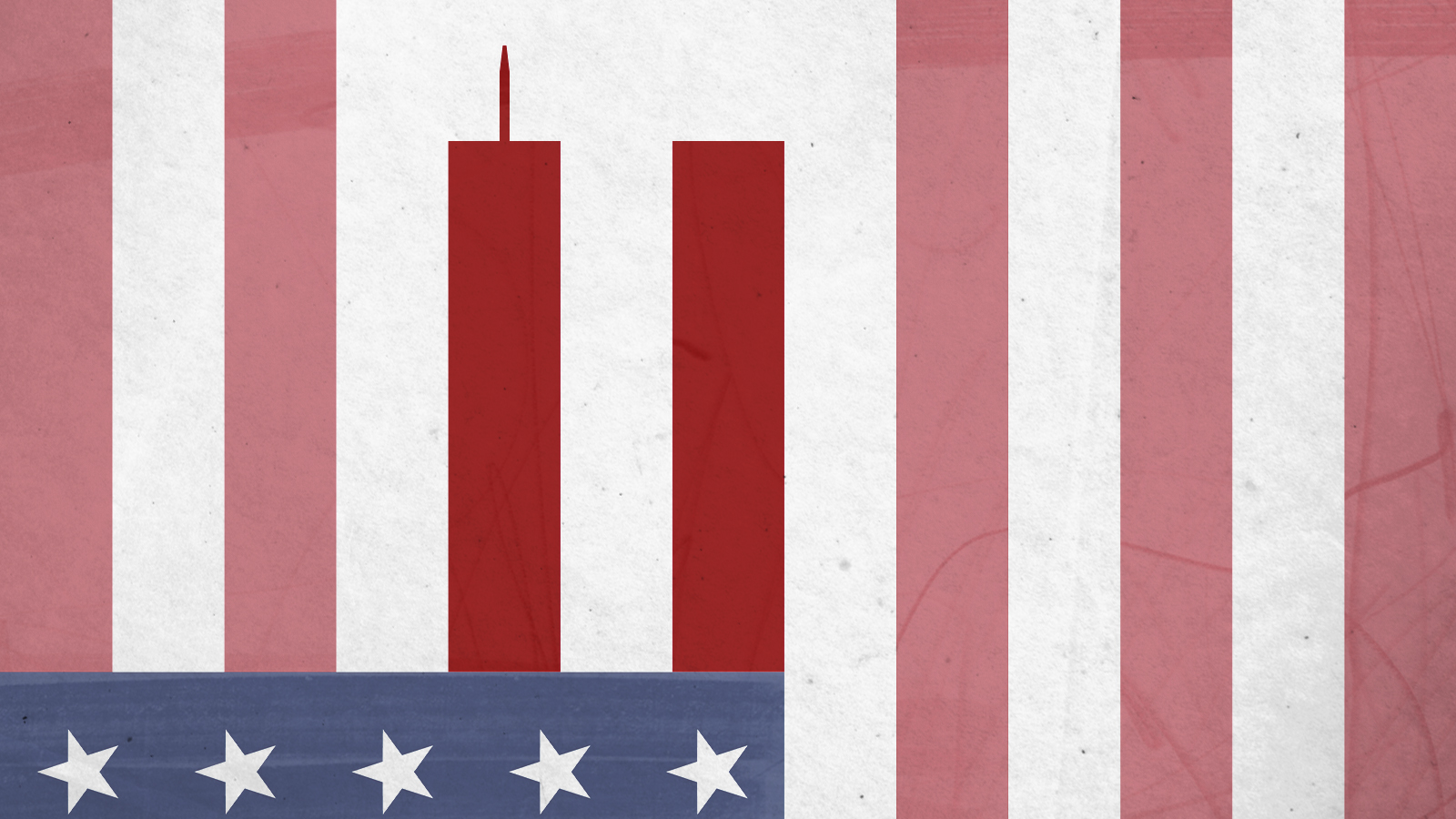

It's the 20th anniversary of the 9/11 attacks, and America is in sad shape. The U.S. military just retreated from Afghanistan with its tail between its legs after 20 years of continuous bloody failure, and once again the entire developed world is watching in slackjawed horror as the U.S.'s diseased politics have left it suffering yet another murderous wave of COVID cases.
The responses to 9/11 and the coronavirus pandemic make for an instructive comparison.
The uncomfortable but necessary truth is that in the grand scheme of human suffering, the 9/11 attacks were modest. A death toll of 2,977 against a population of 281 million at the time works out to about 0.001 percent of the population. By way of comparison, in the Battle of Stalingrad alone the Soviet Union officially lost 478,741 soldiers killed — 160 times as many as 9/11 in raw numbers and 233 times as many relative to population. And Stalingrad was just a small part of a titanic conflict that killed perhaps 27 million Soviet citizens.
Subscribe to The Week
Escape your echo chamber. Get the facts behind the news, plus analysis from multiple perspectives.

Sign up for The Week's Free Newsletters
From our morning news briefing to a weekly Good News Newsletter, get the best of The Week delivered directly to your inbox.
From our morning news briefing to a weekly Good News Newsletter, get the best of The Week delivered directly to your inbox.
But we don't need to look at the bleak annals of Soviet history to find worse atrocities. At Antietam, the single bloodiest battle of the American Civil War, a roughly 15-fold greater share of the American population died (including both U.S. troops and rebels). Indeed, the July 22, 2011 terrorist attacks in Norway — in which the right-wing extremist Anders Brevik brutally murdered 77 people, including dozens of children at a Labor Party summer camp — actually killed a slightly greater proportion of that country's population than 9/11 did in the U.S.
Most tellingly of all, at time of writing, the official toll of Americans killed by COVID-19 stood at over 656,000. Given that a study published in May estimated that the true toll was over 905,000 (thanks to many COVID deaths being missed), it is likely that COVID has claimed the lives of something like 1.1 million Americans so far, with no sign we are anywhere close to the end yet. That means the pandemic has killed somewhere between 0.2 and 0.3 percent of the American population — roughly between a 190 and 310 times greater share of the population as died on 9/11.
A recent Twitter thread of post-9/11 political cartoons is a good representation of the deranged mindset that took hold of American politics after the attacks. It was supposedly an event that "changed everything," and it was worth spending any amount of money to prevent from happening again. Yet when that same number of Americans are dying every two days from an easily preventable illness, conservatives not only don't care, they react with furious outrage at efforts to halt it. When President Biden proposed a vaccine mandate for businesses with more than 100 employees, conservatives threw an instant tantrum, including at least one veiled threat of violent insurrection from a high-profile GOP politician.
Again, all this is not to say that 9/11 was not a true tragedy. Thousands of people died, tens of thousands of people lost friends and family members, thousands more were poisoned in the fallout, iconic New York buildings were obliterated, and so on. It is just a brute fact that 9/11 did not have the anything like the significance to make it a hinge point of history. It was not the Thirty Years' War. It was not the Three Kingdoms period. It was not Genghis Khan's conquest of everything from China to Poland. It was not even a slight threat to the global hegemony of the U.S., which remained utterly unchallenged in the years afterward. A ragtag band of suicide bombers who exploited a handful of (long-since closed) loopholes in airline security could not possibly threaten the predominance of a global superpower. It was only the hysterical overreaction that made 9/11 matter so much.
As historian Eric Hobsbawm wrote in his 2002 autobiography:
The world merely saw a particularly dramatic terror attack with a vast number of victims and a momentary public humiliation of the USA. Otherwise the situation was no different from what it had been since the Cold War ended, and certainly no cause for alarm for the globe's only superpower. Washington announced that September 11 had changed everything, and in doing so, actually did change everything, by in effect declaring itself the single-handed protector of a world order and definer of threats against it. Whoever failed to accept this was a potential or actual enemy. [Interesting Times]
At 20 years' distance, it must be admitted that Osama bin Laden played George Bush like a fiddle. He figured that a big, visible terrorist attack would spark an imperialist blood frenzy and full-blown war fever, and thus get the American beast embroiled in an unwinnable military occupation in the Middle East, and Bush eagerly jumped right into the trap. In this he had near-unanimous support from the mainstream media and the Democratic Party, which (aside from a handful of exceptions) didn't even try to point out that Bush had failed to prevent the worst terrorist attack in history, and instead competed with him at troop-worship and terror-baiting. As Hobsbawm observed, "Megalomania is the occupational disease of global victors[.]"
Part of the reason Americans reacted so hysterically to 9/11 is surely because (unlike Russia) we were not used to attacks on our home soil. But it also because Bush and his administration of neoconservative imperialists could exploit the tragedy to launch a deranged imperialist crusade. People killed by terrorists were political useful to neocons if and only if they could be used to whip up a slavering mob bent on vengeance.
In truth, American conservatives care so little about their fellow citizens that they are right now deliberately worsening a deadly pandemic — killing tens of thousands of their own loyal voters — apparently for no other reason than that they can blame President Biden for failing to control it. To his credit, the president is belatedly starting to implement the coercive measures necessary to bring the pandemic to an end, as is already happening in countries like Denmark. But these efforts are very late, and far short of what a serious reckoning with the immense carnage wreaked by COVID would indicate.
In future, the coronavirus pandemic will undoubtedly be remembered by most Americans who aren't blinded by conservative partisanship as vastly more consequential than 9/11. The difference this time is that we will have no "terrorists drove us insane" excuse. Over a million Americans are dead in an entirely self-inflicted disaster.
A free daily email with the biggest news stories of the day – and the best features from TheWeek.com
Ryan Cooper is a national correspondent at TheWeek.com. His work has appeared in the Washington Monthly, The New Republic, and the Washington Post.
-
 The new Gwada negative blood type
The new Gwada negative blood typeUnder The Radar Rare discovery means a woman is the only person on the planet who's compatible solely with herself
-
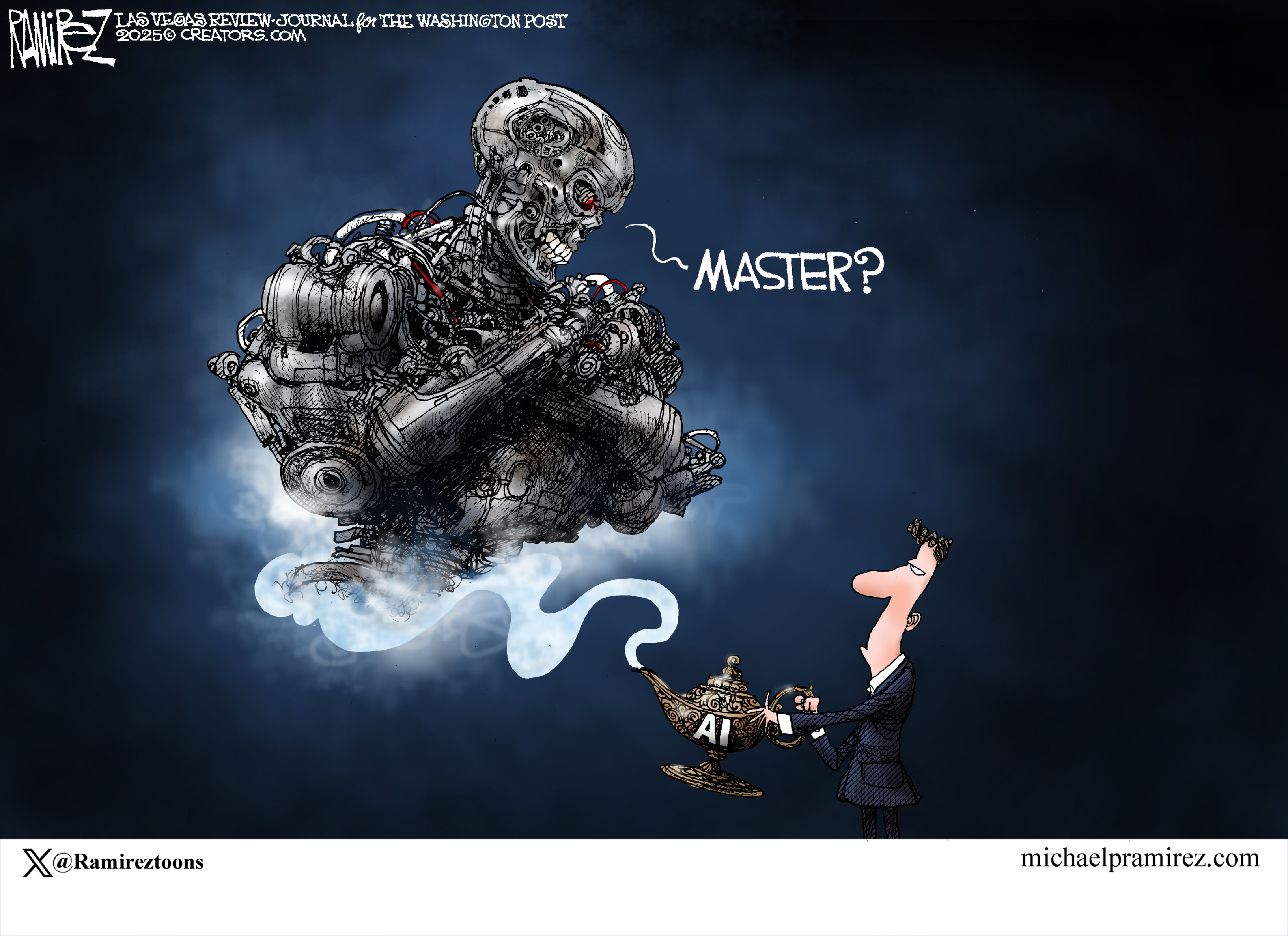 June 29 editorial cartoons
June 29 editorial cartoonsCartoons Sunday's political cartoons include the AI genie, Iran saving face, and bad language bombs
-
 A tall ship adventure in the Mediterranean
A tall ship adventure in the MediterraneanThe Week Recommends Sailing aboard this schooner and exploring Portugal, Spain and Monaco is a 'magical' experience
-
 RFK Jr. scraps Covid shots for pregnant women, kids
RFK Jr. scraps Covid shots for pregnant women, kidsSpeed Read The Health Secretary announced a policy change without informing CDC officials
-
 New FDA chiefs limit Covid-19 shots to elderly, sick
New FDA chiefs limit Covid-19 shots to elderly, sickspeed read The FDA set stricter approval standards for booster shots
-
 RFK Jr.: A new plan for sabotaging vaccines
RFK Jr.: A new plan for sabotaging vaccinesFeature The Health Secretary announced changes to vaccine testing and asks Americans to 'do your own research'
-
 Five years on: How Covid changed everything
Five years on: How Covid changed everythingFeature We seem to have collectively forgotten Covid’s horrors, but they have completely reshaped politics
-
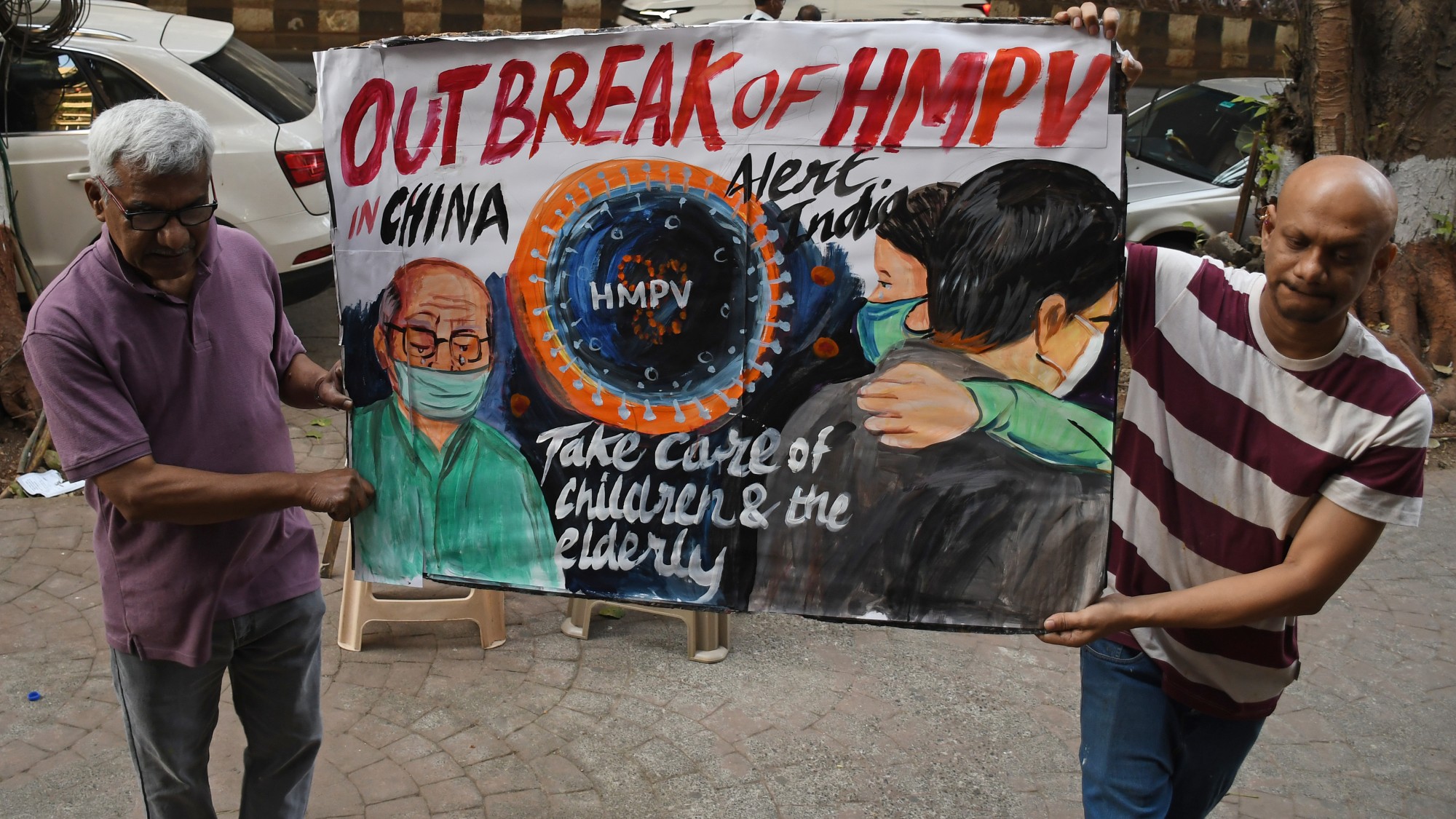 HMPV is spreading in China but there's no need to worry
HMPV is spreading in China but there's no need to worryThe Explainer Respiratory illness is common in winter
-
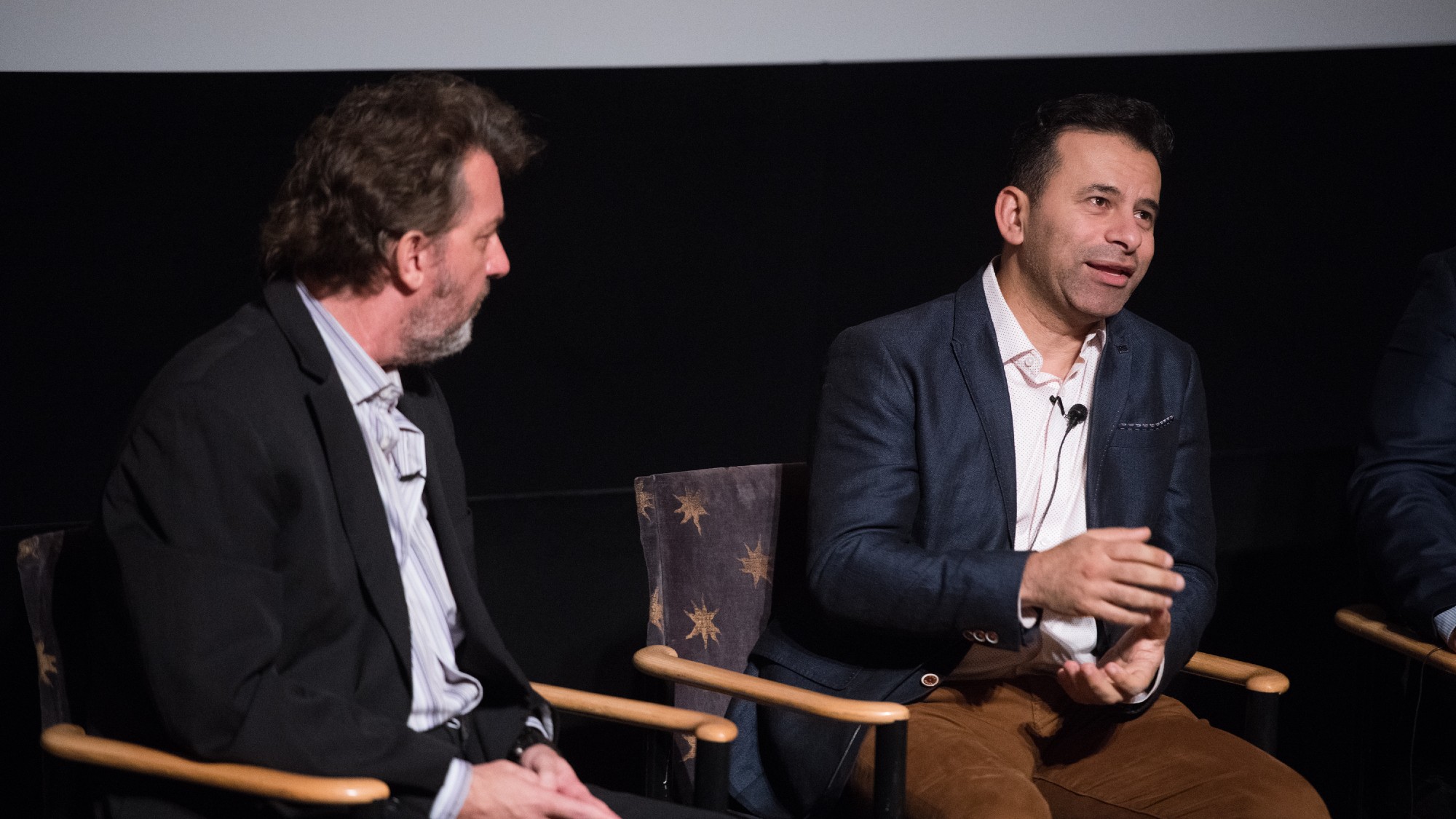 Marty Makary: the medical contrarian who will lead the FDA
Marty Makary: the medical contrarian who will lead the FDAIn the Spotlight What Johns Hopkins surgeon and commentator Marty Makary will bring to the FDA
-
 Long Covid: study shows damage to brain's 'control centre'
Long Covid: study shows damage to brain's 'control centre'The Explainer Research could help scientists understand long-term effects of Covid-19 as well as conditions such as MS and dementia
-
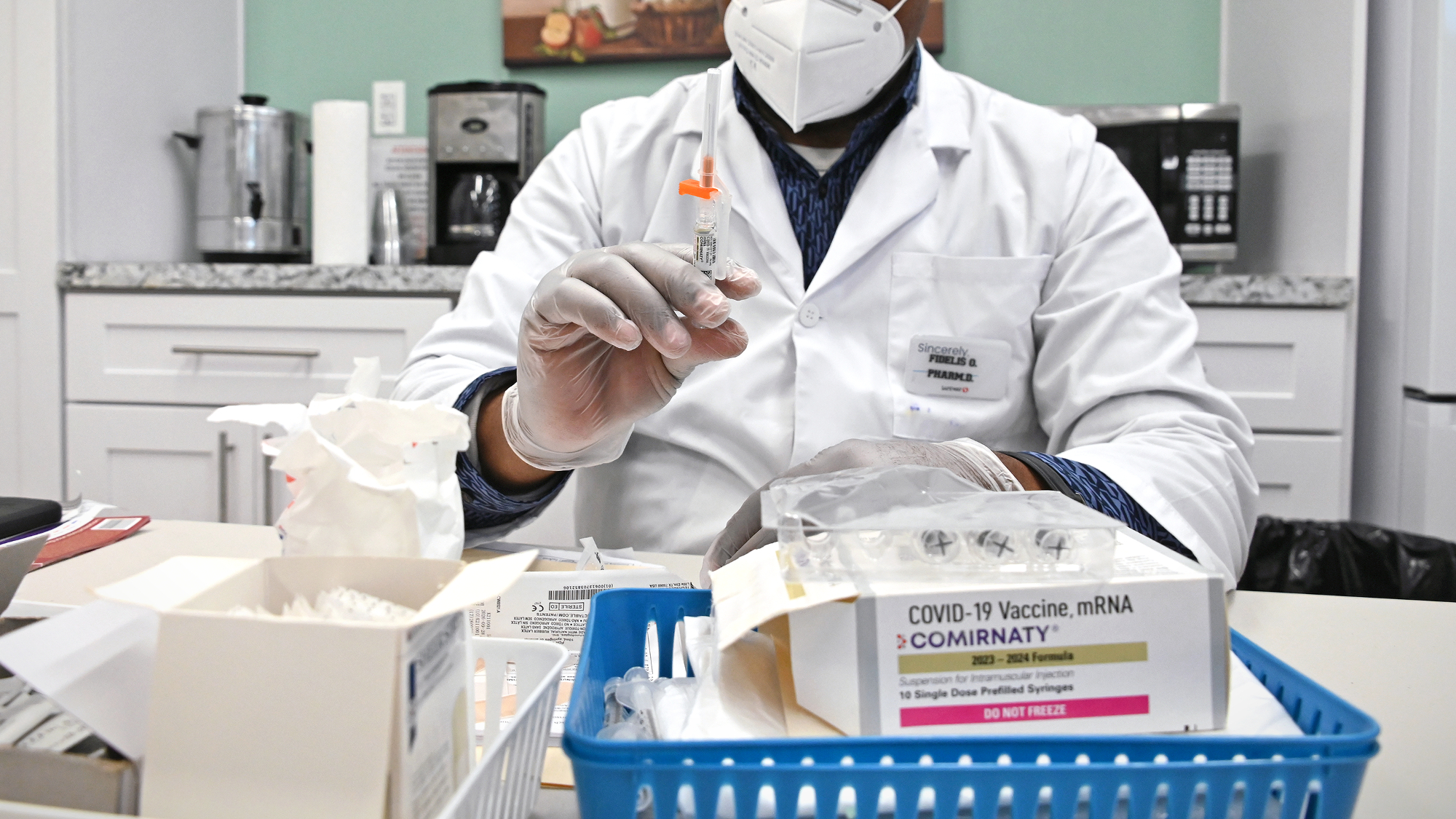 FDA OKs new Covid vaccine, available soon
FDA OKs new Covid vaccine, available soonSpeed read The CDC recommends the new booster to combat the widely-circulating KP.2 strain
